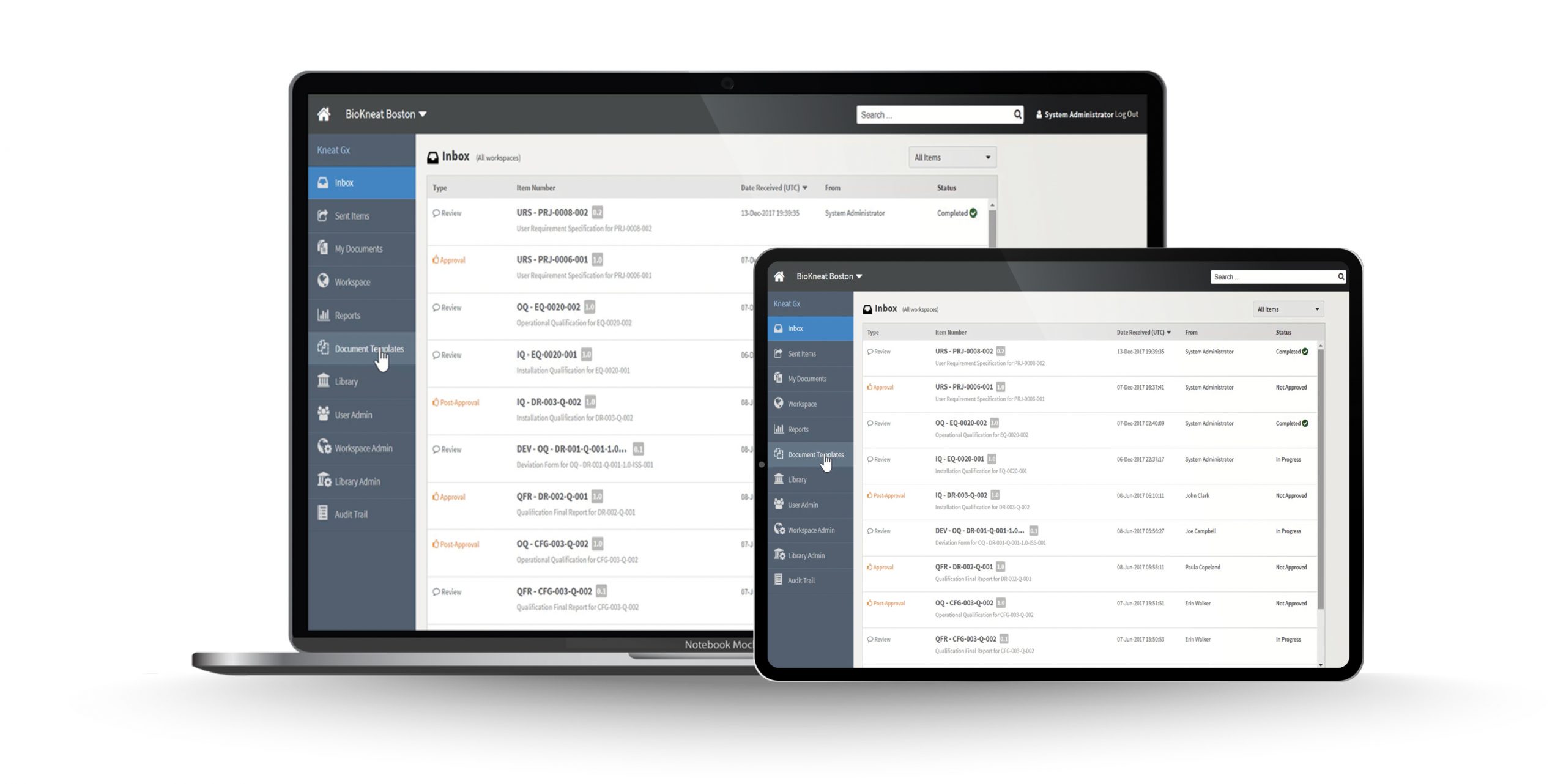Without a built-for-purpose validation system in place to standardize validation work processes across a global organization’s manufacturing sites, that process will be at risk of ‘discord’ – a state whereby a validation work process is performed differently, at different sites at the same time.
“Out of clutter find simplicity; from discord find harmony; in the middle of difficulty lies opportunity”
These words, written in 1979 by well-known theoretical physicist, John Archibald Wheeler, described Albert Einstein’s “Three Rules of Work”. The rules were designed to make complex theoretical physics simple for scientists, though they could equally guide validation and quality assurance professionals working in the life sciences industry today –in particular “from discord, find harmony”.
In a risk-based approach to validation, ‘harmonized’ processes, those which are standardized across many sites, are the best-practice as they reduce risk and deliver accurate, predictable, and replicable outcomes. Despite their rigor however, even the most robust paper-based or hybrid (a mix of paper and digital systems) quality management systems lack sufficient controls to ‘lock-down’ the life cycle of a validation process across the site network of a large organization.
In this article, we examine validation process discord and investigate:
• how processes evolve in isolation and the impact of ‘discord’
• the opportunities of harmonization
• achieving harmonization – process design considerations
How validation processes evolve in isolation, and the impact of ‘discord’
Standardization is a core tenet of quality management and a key objective of quality management systems. It fosters accurate, predictable, and replicable documentation, processes, and procedures, which in turn enable organizations to consistently deliver quality products and services.
Over time however, an organization’s validation and quality assurance professionals can tend to tailor SOPs, templates, test-cases, and other validation documents to the changing needs of their own site’s equipment, facilities, systems, or processes, creating variations of the same process. Without standardization, variation is free to create risk which can ultimately impact patient safety.
 The opportunities of harmonization
The opportunities of harmonization
Using a fully paperless, automated, secure, cloud-based solution, like Kneat, that standardizes validation processes across multiple sites has many advantages. Processes are executable by staff interchangeably across sites, standards for data integrity are enforced, and colleagues working across different departments and locations can access a single source of truth in real-time.
Kneat’s ‘Workspaces’ are customizable, and can be organized by site, process, or project. Within a Workspace, a user can generate documents, deviations/non-conformances, execute test scripts, and send documents for review and approval. Harmonized benefits include:
- generate projects and documents, using pre-defined templates from the library
- share templates across all Workspaces –enabling process harmonization across projects, sites, and teams
- total collaboration between users working on the same document in the same Workspace
- multiple users can work on various sections within the same document simultaneously
Achieving harmonization – process design considerations
Harmonization is often a critical business objective in the implementation of validation systems for large organizations, however adequate attention must be given to the testing and development of robust global processes that are suitable for use at all required sites.
Merck, Sharp and Dohme (MSD) implemented Kneat with the objective of harmonizing seven validation processes across twenty-seven sites around the world. Discussing their approach to process design, MSD’s Global Executive Director, QMS Technology Transfer & Commercialization, Inna Ben-Anat said, “whatever we build in Quality, in QMS –it has to be standardized. We want to eliminate local standard procedures and have robust global procedures that are executable and standardized across all sites. Our initial pilot was customized more to that site’s needs but then, once we started to scale up to additional sites, we made it clear that from then on we were standardizing…to ensure that it works for all of the sites, when we build the process, we have representatives from many sites on the team, with the final decision with the global process owner.”
“You incorporate the best of all sites and make a decision based on the regulations, based on best practices –you build a standard process that probably will address 80% to 90% of the network, the rest will need to adjust…but we ensure that we enable the site with the right tools, with the right training on the process and a lot of explanation about why we are building it this way… and what kind of efficiencies are behind it”, she continued.
“It’s not just the global team building a process, throwing it over the fence and saying, ‘do this’, but sites are partnering with us –we’re listening to their input, we’re listening to questions and addressing them…all of the sites are part of the design and they know that their opinions are heard.”
Learn more in our case study
Final thoughts
Despite their rigor, even the most robust quality management systems cannot ensure harmonization when performed on paper or through a hybrid mix of paper and digital systems, which lack sufficient controls to ‘lock-down’ a validation work process across its entire life cycle. In order to achieve harmonization, a built-for-purpose validation system, like Kneat, that is capable of centralizing document templates, and locking-down the entire validation process is required. Additionally, an inclusive and collaborative approach to the design of global processes ensures the buy-in of validation specialists across your network of sites.




